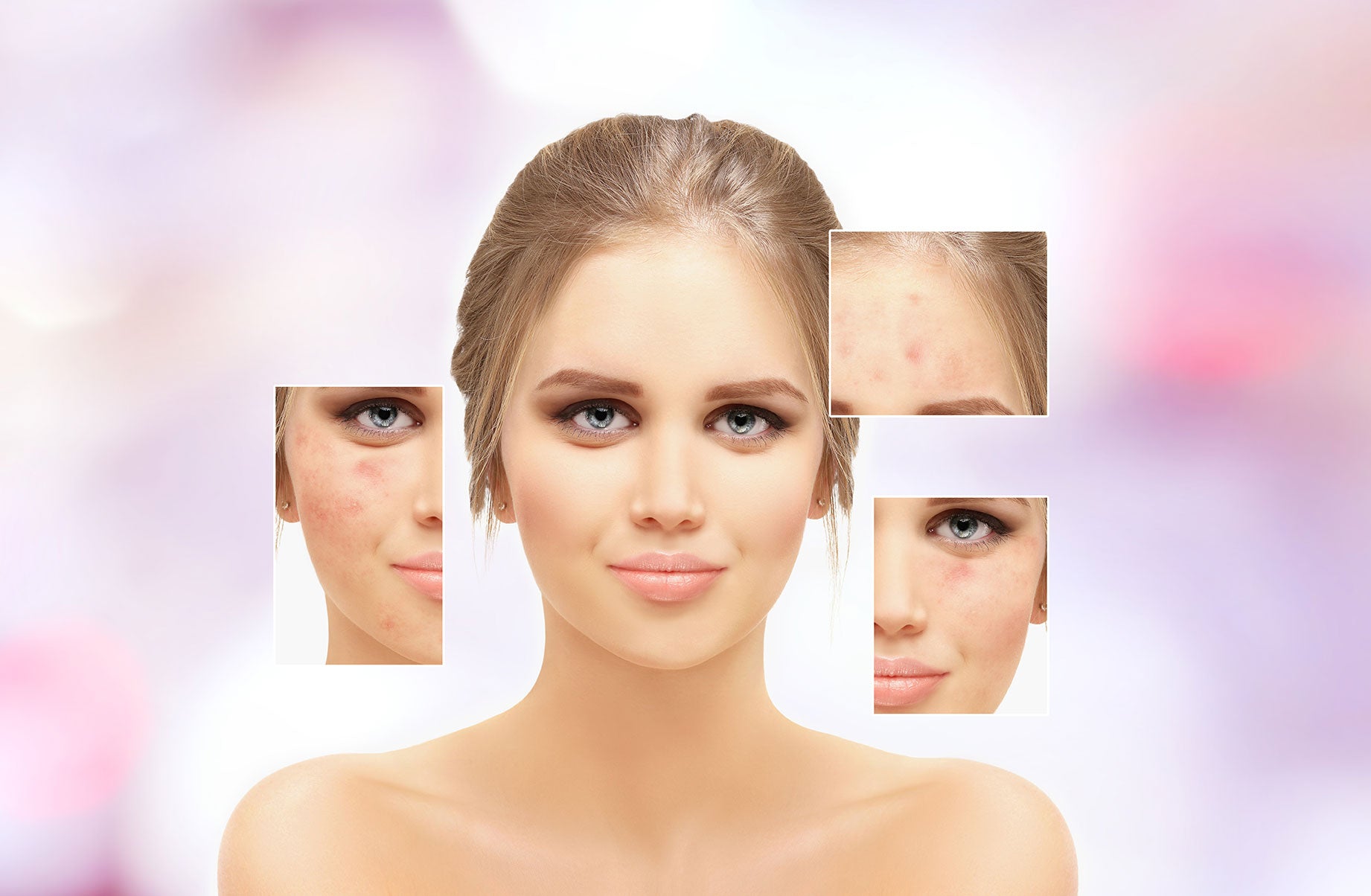Acne scars are one of the most common side effects of acne. While not everyone who suffers from acne will experience scars, those who do often find them very frustrating and difficult to treat. The good news is that there are a variety of treatment options available, depending on the type of scar you have. In this post, we'll take a look at the different types of acne scars and how you can go about treating them.
Atrophic Acne Scars
Atrophic acne scars are a type of scarring that can occur after significant breakouts. These scars are typically small and depressions in the skin, and can be difficult to treat. There are a number of options available for those looking to improve the appearance of atrophic acne scars, but it is important to consult with a dermatologist to determine the best course of action. In some cases, laser treatments may be used to stimulate collagen production and improve the appearance of scars. Other times, fillers may be injected into the scar to raise it to the level of the surrounding skin.

Hypertrophic Scars and Keloid Scars
Hypertrophic scars are elevated, red marks that occur when the body overproduces collagen in response to an injury. Keloid scars, on the other hand, are raised, hard growths that occur when the body continues to produce collagen after an injury has healed. Keloid scars can spread beyond the original injury site and are difficult to treat. There are a variety of treatments available for both types of scars, including silicone gel sheets, steroid injections, and surgery. The best treatment for a particular scar will vary depending on its size, location, and severity. However, with proper treatment, most hypertrophic and keloid scars will eventually fade.
Post-Inflammatory Hyperpigmentation Scars
Post-inflammatory hyperpigmentation is a common skin concern, characterized by dark spots that occur after an injury to the skin. It can be caused by a number of different factors, including acne, eczema, and even sun damage. There are a number of effective treatments available. One popular option is topical lightening agents, which can help to fade dark spots over time. Another option is microdermabrasion, which uses exfoliation to brighten the skin and improve the appearance of your skin.
What Treatment Methods Are Effective for Treating Acne Scars?
Acne scars are a common source of frustration for many people. These unsightly blemishes can seem impossible to get rid of, but there are actually a number of effective treatments available. One popular option is laser resurfacing, which uses concentrated beams of light to stimulate collagen production and smooth out the skin. Microdermabrasion is another popular choice, as it gently removes the top layer of skin, revealing the healthy, unscarred tissue beneath. There are also a number of topical treatments that can be effective in reducing the appearance of acne scars, such as retinoids, peptides, and vitamin C serums. So if you're struggling with acne scars, don't despair - help is available!
On top of treating your acne scars, consider using the Tretinol Serum 1.0% to improve your skin’s overall complexion. It includes Vitamins C and E to maximize the effectiveness of Retinol’s anti-aging benefits.
